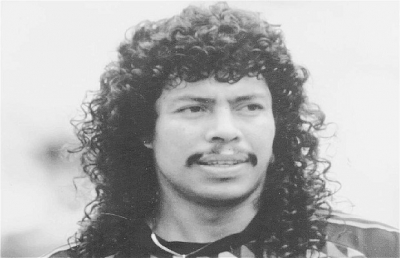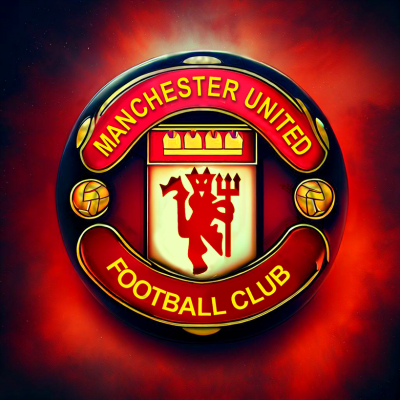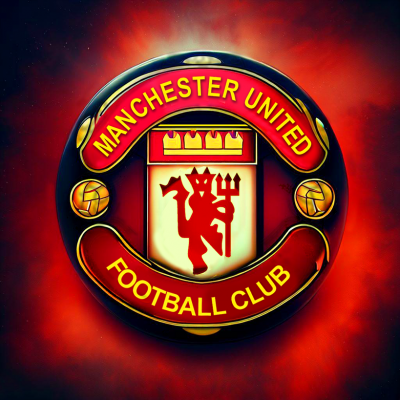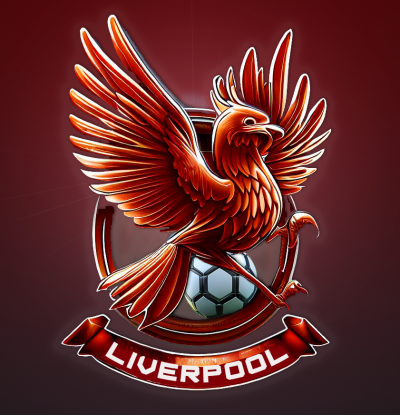Football News: Legends of Football Number 1: Rene Higuita

Image from: davesiknow.com
Rene Higuita 'El Loco'
With Higuita recently in the news, due to being offered the chance to run for Congress in Colombia by the FARC, a former guerilla group in the recently ended civil war. Higuita had attended the group's disarmament ceremony following the signing of a peace agreement with the government and is known to have supported their cause. Despite that, he rejected the opportunity, stating that he felt that he did not have the education required to fill the role properly.
This made me think back about how I remembered the long curly hair goalkeeper playing for Colombia, how he was mostly known for just two extremely public moments, despite there being so much more. The word legend is overused to define players who are not worthy of the tag, but Higuita really is a true legend of the game. There are so few people who can honestly claim to have changed football, yet Rene Higuita is one of them.
Born into extreme poverty in Medellin, Colombia in 1966, Higuita was brought up by his grandmother after his unmarried mother died. Luckily for little Rene, he showed real talent with a ball, as the only other way out of the extreme poverty in that area involved drugs. Unfortunately for the future Rene, he never truly escaped involvement with the drug problems that were ripping his home country apart.
As a youngster Higuita played as a striker, until a shortage of keepers saw him find his true home on the pitch, though the desire to be an outfield player never fully left him, neither did the skills he had learnt. By 1987 his ability had earnt him a place in the international team, as, despite his eccentric playing style, he was an excellent goalkeeper, who just happened to play further up the pitch than was normal and take the penalties and free kicks for his side.
In 1988 Higuita's Colombia team faced Bobby Robson's England team in a Wembley friendly, leaving Robson amazed at what he saw: "He left his penalty area five times during the game," Robson said afterwards. "He's come out to the touchline to tackle Gary Lineker, he's shown Peter Beardsley the ball and beaten him before taking it back into the box and picking it up." In those days the idea of a sweeper keeper was to charge out of the box to boot long balls played over the top of the defence into touch. Dribbling the ball, receiving passes and passing it on, those things just were not part of a keeper's remit.
The following year was a big year for Higuita, still in his early 20s, as he played a huge part in his club's Copa Libertadores triumph, the first ever by a Colombian side. They beat Olimpia in the final after a penalty shoot out, running out 5-4 winners as Higuita saved 4 of the spot kicks. The end of the year saw his team face Arrigo Sacchi's great AC Milan side in the precursor to the later Club World Cup, the Intercontinental Cup. An extremely dull game was memorable only for Higuita's repeated dribbles upfield, though Milan did win it 1-0 in extra time.
Higuita's first big moment of worldwide attention arrived in 1990 and it was not a good one. It was not until the quarter-finals of the World Cup, with most of the world's eyes on the game, that his tendency to take chances caught him out as he made, in his own words, a mistake as "big as a house". Attempting to dribble the ball near the halfway line, the wily old Cameroon striker Roger Milla stole the ball off him and ran off to score the opening goal as Colombia were knocked out 2-1. It was just the start of a series of misadventures that the flamboyant keeper would undertake.
With the infamous local drug baron Pablo Escobar jailed, Higuita was filmed visiting him in June 1991. With Escobar believed to own the team Higuita played for, it could be simply that he visited him out of duty, but there were many in Medellin who admired Escobar and saw him as a modern day Robin Hood. Escobar had built whole neighbourhoods to house local people, providing them with electricity and running water, things the government had never done. So it is easy to see why Higuita's lawyer said that Higuita had admired the drug lord, as did many youths growing up in those poverty-stricken regions.
That visit became more significant a couple of years later when Carlos Molina, a rival drug baron, approached him to act as go-between with Escobar's men, when Molina's daughter was kidnapped. Higuita was able to negotiate the girl's release and delivered the ransom money for Molina. Unfortunately for Higuita, Molina's gratitude saw him give Higuita cash of around $64,000 to thank him for his services. With a new law recently introduced forbidding a person to profit from kidnap, Higuita was arrested and incarcerated without charge.
After over 5 months in jail, with no charges ever set, Higuita went on hunger strike, eventually being released after 7 months and no charges ever laid at his door. His chance to once more represent his country in a World Cup were frustrated, as he was banned from leaving Colombia, due to the still ongoing legal situation. Eventually Higuita's name was cleared and he was given $17,000 in damages, but missing the 1994 World Cup was a bitter blow that he never fully recovered from and the bitterness clearly stayed with him throughout the rest of his career.
To see our player profile on Rene Higuita follow this link: Rene Higuita profile
Returning to the Colombia team, he once again lined up to face England in a friendly match at Wembley in September 1995 to cause a worldwide sensation. When Jamie Redknapp, making his England debut, hit an aimless cross that was heading for the goal, the linesman immediately flagged for offside. Rather than just catching the ball and restarting play, Higuita produced a moment that is still being discussed to this day. Diving down onto his hands, arching his back and flicking his legs up behind him to clear the ball in a move now known as the 'Scorpion Kick', everyone watching was taken aback by something they had never seen before.
Higuita had been waiting for years to use that kick, even spending a portion of the warm up for the game practicing it. Now it had arrived and he was happy to milk it, talking about how kids had inspired it in interviews and re-enacting it year after year for British TV shows. It was his moment to be the star, but it was downhill from there. His Bogota home was bombed in 1997 and in 1998 he was arrested for riding around the streets of Medellin on a motorbike while holding a gun. His performances on the pitch were suffering as well.
With struggles on and off the pitch, it was no surprise he succumbed to the temptation of drugs, as something he had grown up around. So it was that in 2002 he tested positive for cocaine and was slapped with a 6 match ban in October. That was not enough to clear his head and he was once again caught with cocaine in his body in November 2004, forcing him into retirement and rehab to sort himself out. Since then he has been doing reality TV shows to earn a living, one the Colombian equivalent to Survivor (La isla de los famoso: una aventura pirata or The Island of the Famous: A Pirate Adventure) and another, Cambio Extremo (Extreme Change) which required him to undergo extensive plastic surgery for the show.
Higuita changed the way goalkeepers play, without him there would have been no Manuel Neuer, no way of playing the Pep Guardiola way, but he will not be remembered by most people for that. His legacy was entertainment, he delighted millions with his way of playing and the excitement he brought to even dull games, so it is fitting to give him the final word. In the mid-1990s he said "when I have finished my career, my name will stay on people's lips as a player who brought a bit of magic into the lives of ordinary people."
Written by Tris Burke October 11 2017 10:39:45


